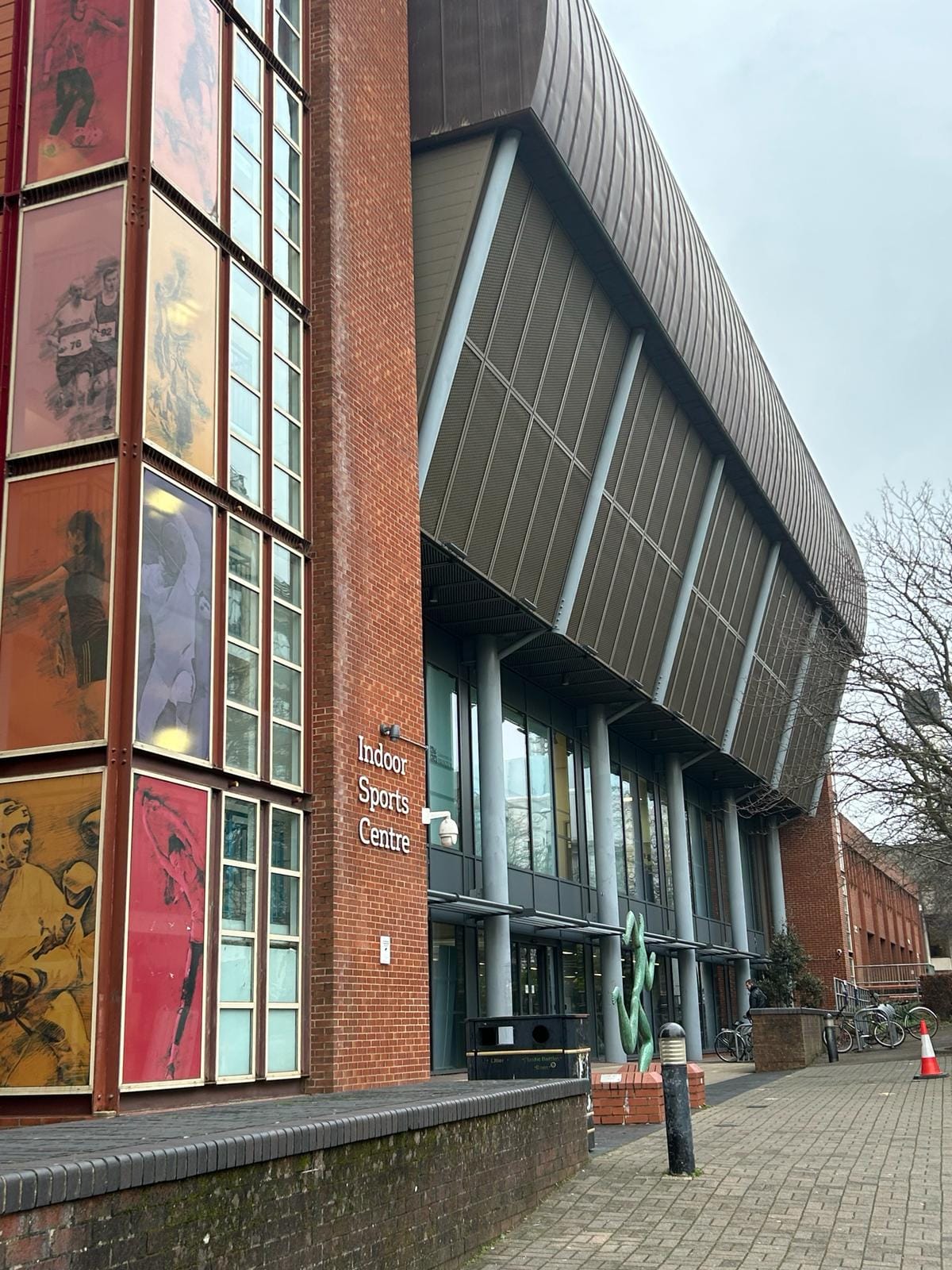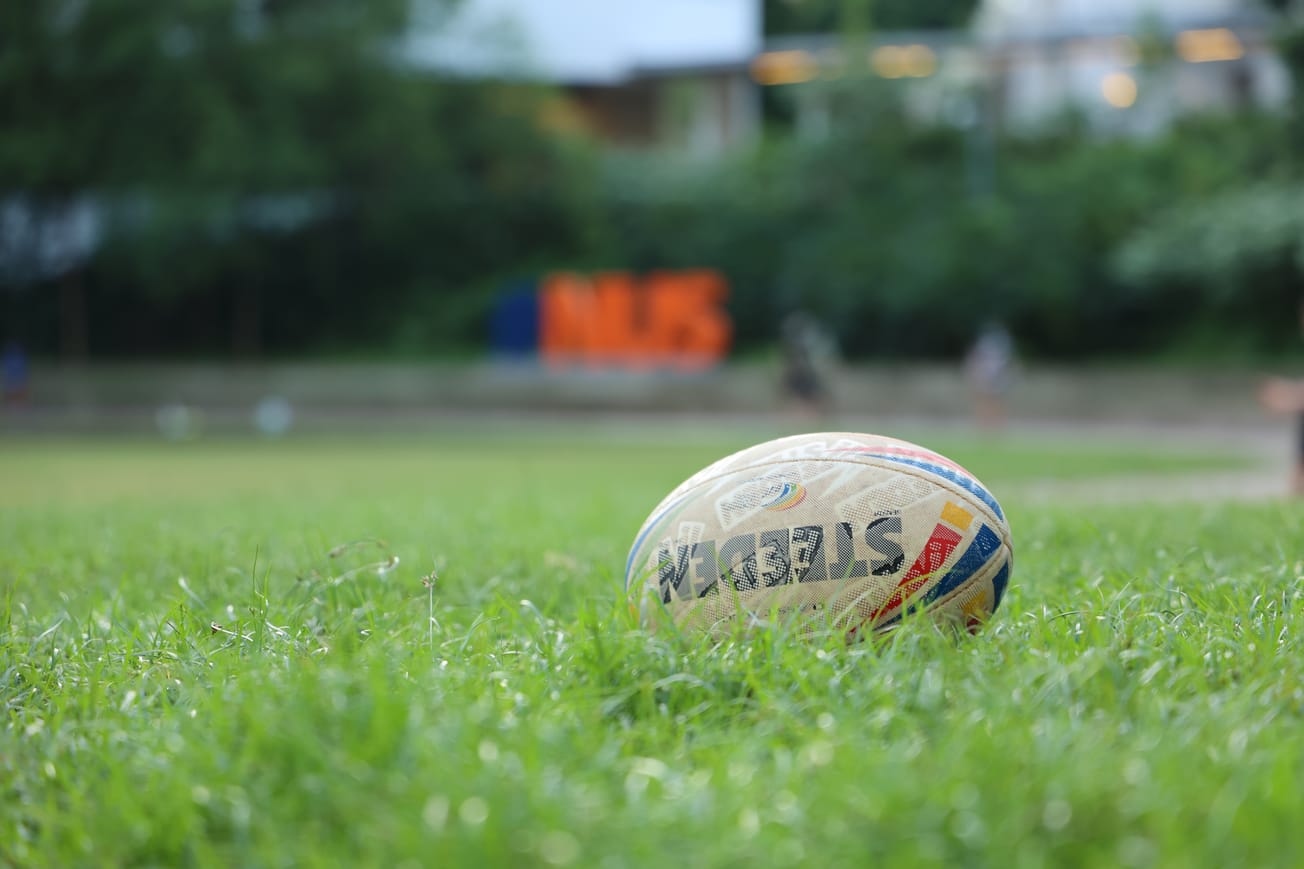By Jess Cohen, Second Year, Sociology
Participating in sport offers individuals a sense of purpose and is a great way to take a break from the stresses of daily life. Physical activity can leave you feeling happier, more relaxed and less anxious, whilst creating opportunities to meet like-minded people. Being held accountable by a friend or not wanting to let your team down can also be a great motivator to show up. So, what better way to benefit oneself both physically and socially, than through a sports society?
However, as easy as joining one of the many sports teams on offer at the University of Bristol may sound, it is not always a viable option for all students. Inaccessibility and elitism within the domain of university sport can be caused by a range of factors, most notably, because of the costs and expenses involved.
Generally speaking, sports involvement, both as a participant or as a spectator, requires the possession of disposable income. Some sports are notoriously expensive and therefore particularly exclusive. Rugby, for example, is considered a ‘posh’ sport because of its high costs and traditional associations with prestigious institutions. The majority of players in Rugby Union’s Premiership went to fee-paying schools, as did more than a third of those playing county cricket. With joining fees for most sports societies exceeding £100, becoming a member is simply not financially viable for some students.
Arguably, this paradox first comes to light through school inequalities; whilst wealthy private schools may be able to invest in specialist coaches, facilities and equipment, this is often not feasible in state schools, where insufficient funds may lead to fewer sporting opportunities for students.
The education watchdog, Ofsted, has warned state schools that the competitive sport they offer is ‘average at best,’ hence why so many private schools continue to ‘dominate at an elite level.’ Furthermore, data shows that independent school pupils in the UK do almost triple the number of sports compared to students at state schools.

One third-year English student, who wished to remain anonymous, explained that ‘As a person who went to a state school, sports like hockey and lacrosse weren’t even taught, which are the sports that are very popular here in Bristol. I never had the chance to play them at school.’
Considering that the standard of sports education can vary so greatly depending on the facilities and resources available at given schools, students inevitably arrive at university with differing levels of experience and expertise in particular sports. Telegraph Sport’s research has revealed that, with the exception of the European Championship-winning women’s football team, ‘National squads in major team sports have a far greater proportion of players who came through the independent sector than state schools, despite only seven per cent of the population being privately educated.’
Even though university clubs and sports teams can provide a space for some students to develop positive relationships and establish friendships, finances may hamper participation among those with less money to spend
From the offset, it appears that the students who went to schools with esteemed sports teams and received elite level coaching may be more likely to be selected for the university squad. As a result, students who went to state-schools may see certain sports societies as intimidating environments, dominated by already steadfast friendships and cliques.
Even though university clubs and sports teams can provide a space for some students to develop positive relationships and establish friendships, finances may hamper participation among those with less money to spend. For instance, membership prices for joining one of the men’s rugby teams can range from £195 to £315, with these costs excluding the extra expenses of kit and equipment.
The Bristol SU has introduced the Activity Hardship Fund, an £150 grant, supporting students with funding for society joining fees, trips and other costs that can be prohibitively expensive. National organisations such as England Hockey have introduced the National State School Festival; ‘An important step in broadening access to players from all backgrounds.’ The ultimate goal here is that hockey will eventually represent a more inclusive and diverse body of players, coming from a variety of socioeconomic backgrounds.
Epigram spoke to a third-year student who represents the University of Bristol in netball. She described her experience of partaking in a sports society: ‘Cliques definitely do form; teams change every year so players may be friends with teammates from the previous year. However, that being said, people from all backgrounds, from all different academic year groups, mix with each other, which is what makes sport so special. It doesn’t matter where you come from, as long as you have that drive to win. You can see that through all the amazing professional athletes who have come from state-schools, even without having received the best coaching.’
In conversation with Pat Gibbs, Student Union Officer for Sport and Development
Quadball: a chaotic marriage of fantasy and full-contact sport
Another option if you are keen to get involved in a sport is by joining an intramural sports team. Without joining fees or kit-costs, this multi-sport programme, which allows students to set up their own teams, is affordable and inclusive, welcoming players of all levels, with each match working out at approximately £2 per match per player. Whether you are a complete beginner or have experience playing competitively, joining an intramural league is the perfect opportunity to have fun, meet new people and stay fit.
Society committees should continue to ensure that new members are suitably welcomed throughout the academic year by establishing a friendly and inclusive social space. Perhaps through free social events or activities which don’t involve the consumption of alcohol, sports societies can work towards cultivating a less intimidating and more community-focused environment.
Featured Image: Unsplash / Jiachen Lin
Do you think that sports at university are inclusive?






